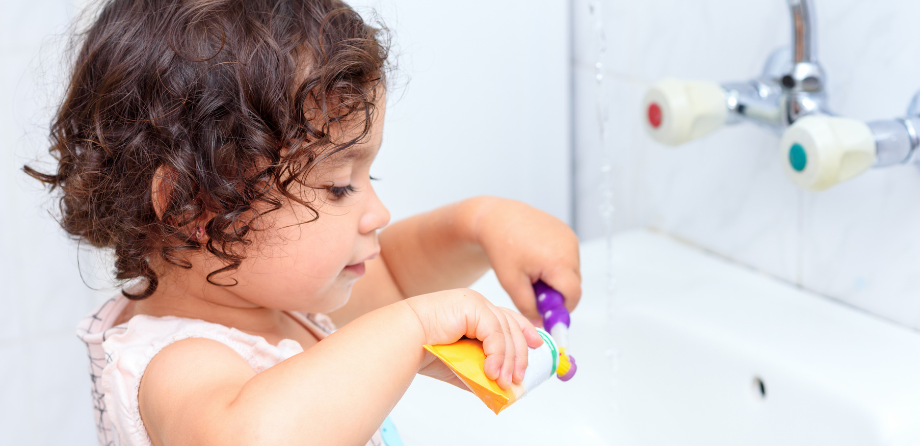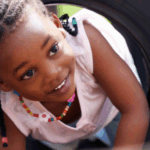
Oral health in early years: Healthy mouths, healthy children
Find out about the importance of good oral health in early years, as well as how to support it in your setting.
Looking after children’s teeth is essential for keeping their whole bodies healthy.
Creating good oral health habits early is essential to preventing and controlling tooth decay. Tooth decay is largely preventable but is currently responsible for a child in England undergoing a general anesthetic every 10 minutes to have a tooth removed.
How practitioners and settings can promote good oral health
- Reduce or eliminate sugary food and provide only water or milk as drink options
- Talk to children about oral health and how to keep their teeth and mouth clean and healthy
- Invite a local dentist or hygienist into your setting to talk to the children, or arrange take children on a visit to a local dental practice
- Provide books and stories about trips to the dentist and talk to children about their own experiences
- Provide toothbrushes and dolls as part of your continuous provision so children can include oral hygiene as part of their play
- Take part in supervised toothbrushing programmes
- Share NHS guidance with parents on brushing children’s teeth
- These short videos show children the importance of eating well and regular teeth brushing.
Why is having healthy teeth so important?
Poor dental health can affect every part of a child’s life, including:
- Overall health – could affect feeding, breathing, breath, speaking, smiling
- Social development – children may feel embarrassed by poor dental health and not want to talk to or be around others
- Cognitive development – children with poor dental health are statistically more likely to perform at lower intellectual levels than their peers
- Development of chronic medical conditions – dental infections tend to lead to later chronic medical conditions such as gum and cardiovascular disease.
What does a good oral health routine look like for young children?
- Start brushing baby’s teeth as soon as the first tooth breaks through
- Make sure an adult brushes the teeth for children up to the age of seven
- Brush last thing at night and on 1 other occasion for 2 minutes
- Use an age appropriate fluoride toothpaste
- Encourage spitting out the toothpaste – minimise swallowing as much as possible
- Make regular trips to the dentist for check-ups.
Good oral health is vital to ensure a child’s overall development. It is important to promote an effective oral hygiene routine and offer support to children and families to make this happen.
Looking for more support on oral health in early years?
NDNA can support you to focus on children’s health and well-being in your nursery in two different ways: our practitioner-champion route, PANCo training, or our setting-wide approach, Start Life Well. Find out about both here.
- PSED
Similar Articles
Early years activity: Mini movers obstacle challenge

Top tips: Inclusion in action


